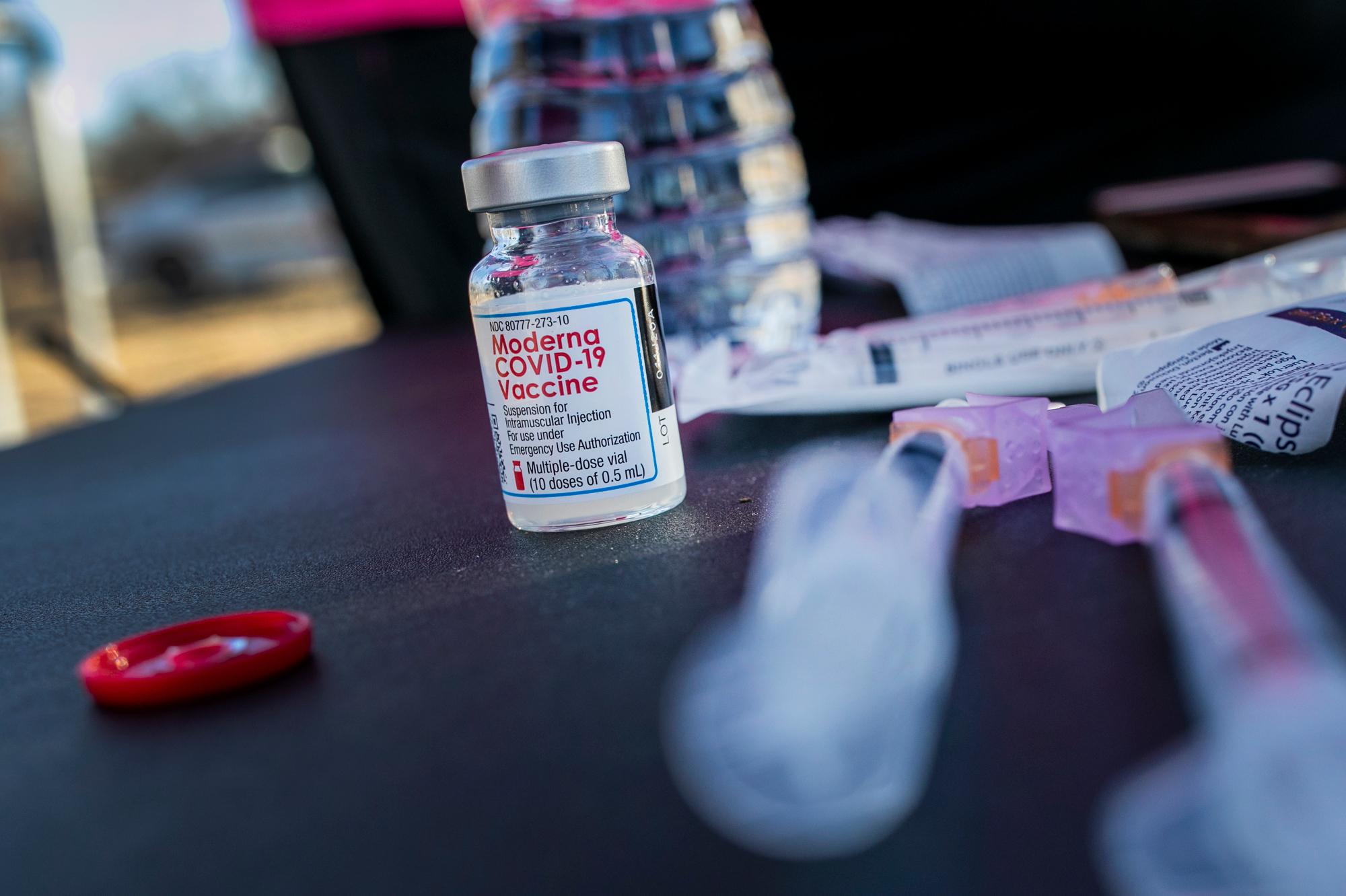
Colorado will begin a week-long vaccination blitz this week to offer at least partial coronavirus protection to as many as 40,000 more older Coloradans than originally planned.
The windfall is really a reallocation of resources, with the state deciding to take about 40,000 second doses it had planned to use in the coming weeks and instead use them this week for those 70 and older awaiting their first dose.
The governor said it was critical to quickly vaccinate that group of older Coloradans who account for a majority of the deaths from COVID-19. While the two vaccines currently approved for use both require two shots to provide complete protection, even a single dose begins offering some protection from the disease.
“If we have the vaccine, you want to start protecting people earlier so that’s what we’re doing,” Gov. Polis said.
The governor said he was confident the federal supply chain would allow the state to backfill those second doses from future supply of the vaccine in the upcoming weeks.
“I've talked to folks in the outgoing and [incoming] administration...that the future supply is stable enough.
He said those already expecting to receive their second dose this week would still be receiving them.
In total, the governor said the state's partners will administer about 120,000 first doses this week -- mostly to older Coloradans. That’s about 40,000 more doses than the state originally planned. About 100,000 people in the state will receive their second doses this week.
The surge concept is technically a request from the governor to the hospitals and others who are doing the actual work of inoculating Coloradans. In a letter sent Monday afternoon to the healthcare providers and pharmacies distributing the vaccine, Polis said making some second doses into first doses is a logical way to speed relief to worried and vulnerable Coloradans.
“We now have about 40,000 doses in the state for second doses that are not scheduled to be needed for second doses right now,” Polis wrote. “This has created a situation where we have a choice to either let them sit on shelves until they are needed for second doses, or we can manage our supply in real time and get more first doses in arms now.”
Through Monday afternoon, the state’s providers had administered almost 325,000 doses of vaccine, with almost 50,000 of those going for second shots, giving frontline healthcare workers complete protection from COVID-19. First responders are also among those who have received early access to vaccine, while nursing home residents and staff are being inoculated by pharmacies through a federal program that got off to a slow start but has now been catching up.
Polis said the bulk of the additional vaccinations this week will be done by hospitals, which are able to do large-scale scheduling and he said, older Coloradans are ready.
“We have plenty of demand from age 70 and up right now. It’ll be an enormous step forward,” Polis said.
While offering some protection from the disease, the first doses will also help alleviate anxiety among the Colorado seniors who have been told they are eligible for the vaccine, but who have faced weeks-long waits - if they were able to find a nearby provider who had it at all.
Many hospitals, health networks, health departments and other providers already have waiting lists of patients seeking the vaccine, but eligible Coloradans can search for a provider near them by checking the state’s COVID-19 vaccine portal. Answers to other questions about the vaccine, and where to find it are here.
Polis said this blitz would be a one-time bump and the state would return to injecting at least 80,000 first doses to people each week until the supply chain ramps up significantly.
After initially struggling to fully use the vaccine the state was receiving from the federal government each week, the state has now distributed more vaccine than it received for two weeks in a row, reducing the already limited surplus supply.
Editor's Note: A limited number of CPR News journalists have started to receive vaccinations according to the state's prioritization of essential frontline workers.









